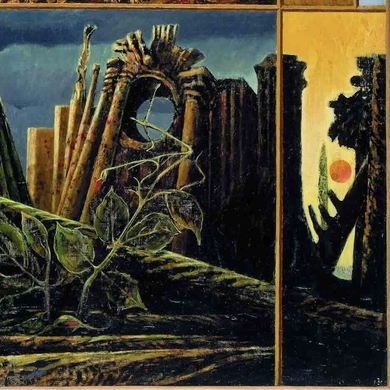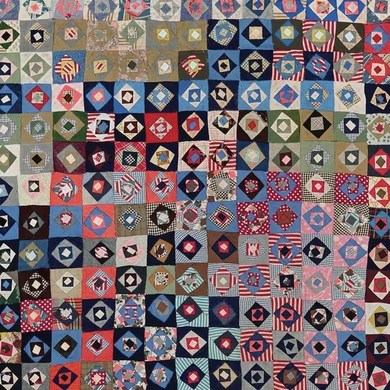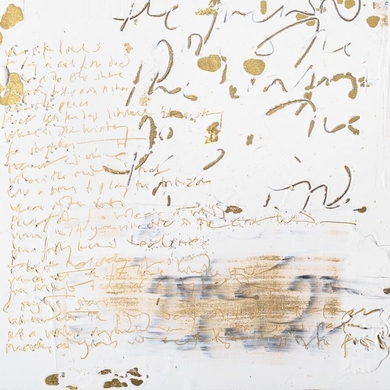Although idolatry is forbidden across the Abrahamic religions, such a restriction was variously interpreted by respective faiths. For instance, in Islamic art, which moves between many mediums, regions, and centuries, the human form is rarely depicted, as doing so would be a sin. The aesthetic is geometrical rather than figural, featuring intricate curves known as arabesques, and floral and vegetal motifs worked into stunningly precise and reverberating patterns. These repetitions symbolize the infinitude, unity, and transcendent nature of Allah. This online survey of Islamic art illustrates not only the key themes of the early Muslim world, but also the historical events and cross-cultural connections that influenced change. —C.J.F.
Arts Intel Report
Art of the Islamic World
When
July 31, 2020 – Sept 20, 2021



